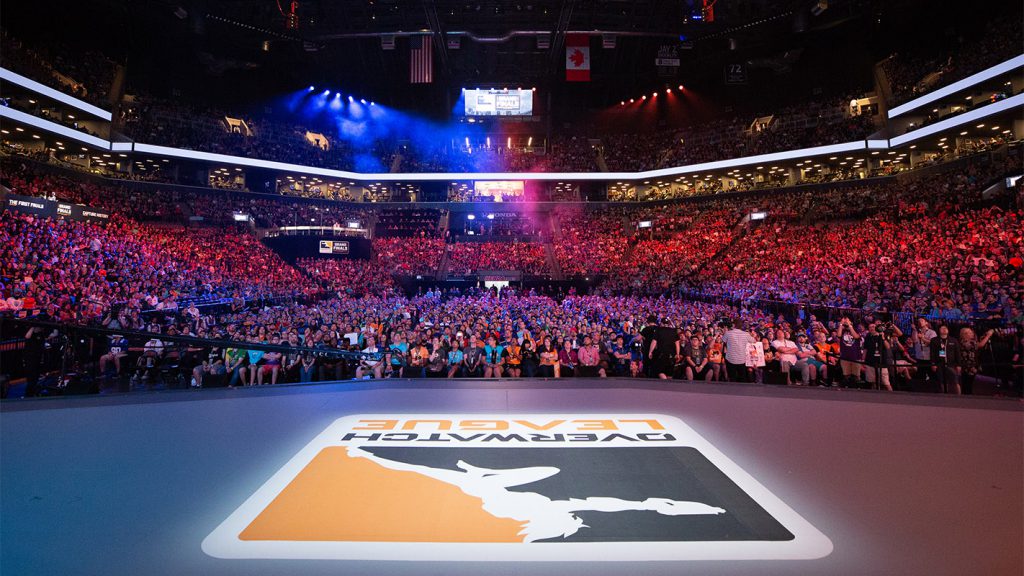Joe Fitzgibbon, a media specialist in Shepherd and Wedderburn‘s dedicated esports group, writes for Esports Insider to explain the hurdles faced by esports organisations in the sponsorship sphere.

There are still signs of life when it comes to esports sponsorship.
With BMWs Group Middle East’s recent partnership with Nigma Galaxy and Sky sponsoring UK-based Guild Esports, some good news stories are beginning to emerge.
However, the sponsorship headwinds within the esports industry have been well documented, with commercial opportunities (of any kind) being difficult to come by amidst the cold chill of an ‘esports winter’.
Current macroeconomic conditions also make it easy to lose sight of the additional hurdles that esports organisations must navigate to secure partnerships.
The gaming ecosystem places significant operating constraints on esports organisations. These take the form of strict competition guidelines and sponsorship restrictions that must be carefully managed. Many of these restrictions are rightly designed to protect the broad consumer base that esports attracts – these values should continue to be protected, but many organisations increasingly need to look towards non-traditional sponsorship streams to continue to thrive within the ecosystem.
What issues exist?
In a varied esports landscape, it can be difficult to know the rules.
Sponsorship restrictions present significant barriers for smaller organisations, which often serve to highlight the absence of other significant revenue streams. Depending on the league or game in which an organisation operates, it is not always possible to seek sponsorship from certain categories of sponsors such as gambling and alcohol brands — many of which often have the deepest pockets.
These limitations are not unique to the esports industry, with similar restrictions being utilised in traditional sports. In English football’s Premier League, clubs have agreed to remove gambling sponsors from the front of shirts for the 26/27 season. It is likely, however, that these bookmakers could continue to be natural bedfellows for the likes of CS:GO or Dota 2 — two games that allow gambling sponsors — as the sector focuses on esports’ high-energy, youthful audience.

What rules apply?
Organisations, tournaments and developers dictate their own rules.
Restrictions on certain categories of sponsorship such as firearms, tobacco, alcohol, gambling and some high-risk financial products are common.
Some environments do provide a ‘broader church’ for wider categories of sponsorship. For example, the Overwatch League and Call of Duty permit gambling sponsors. Game developer Valve also adopts a more relaxed approach with the most popular DOTA 2 events and Counter-Strike teams regularly supported by gambling partners.
This alignment with gambling sponsors sits in contrast to Riot Games, which has doubled down on its exclusion of gambling sponsors for VALORANT and League of Legends, the latter being one of esports’ most popular games. Its competition guidelines continue to restrict (amongst other things) sponsorship of tournaments by gambling, sportsbook and casino companies. The 2023 rulebook for the LEC, EMEA’s franchised League of Legends competition, prohibited teams from showing sponsorships from fantasy esports operators, cryptocurrencies, political campaigns and select alcohol products, among others.
It is important to know the rules that apply to your operating environments, especially where your organisations operate across multiple divisions. As a result, there may be some slight differences in sponsorship regulations depending on the region the esports teams compete in.

How to effectively navigate sponsorship
Here are some ‘top tips’ to help guide your sponsorship strategy.
- Know the rules that apply to you: Every organisation and tournament operator must be familiar with the relevant restrictions that apply to the games and tournaments in which they operate. As these change from time to time, make sure to have a process for monitoring the changes.
- Multiple operating environments: esports organisations typically compete across multiple divisions. Sponsorship contracts should recognise this nuance and clearly specify what divisions the sponsorship applies to.
- Use the rules to your advantage: It can be possible to have a gambling sponsor for your organisation, even if a specific division operates in a league that prohibits the display of that sponsor. As such an understanding of where certain categories of sponsors can be displayed (e.g. on shirts and social media) is crucial.
- Get approval: Where approvals are required by games or tournament organisers, these should be obtained in advance of taking action. Communication is key – be transparent with stakeholders.
- Get a contract: Contracts with sponsors should clearly set out the obligations of both parties and, where necessary, should flow down any obligations or rules imposed by organisers and other rights holders.
- Allow for flexibility: Be wary of the integration of ‘high-risk’ sponsors as part of sponsorship strategies. Ensure the organisation can ‘pivot’ away at short notice if rules change to prohibit certain categories of sponsors.
- Player strategies: Align the organisation’s interests with its key players. Consider if any contract restrictions (or permissions) are necessary to manage any player’s personal sponsorship deals that might be considered ‘high risk’ outside of the team/tournament environment. Taking into account a player’s age and how that could impact certain sponsorships is important.
Shepherd and Wedderburn’s dedicated Esports Group will be attending a number of industry events this summer and autumn, including ESI London in October 2023. Get in touch with Joe if this article has raised any questions for you.
From our sponsor Shepherd and Wedderburn



